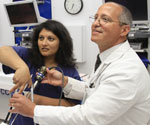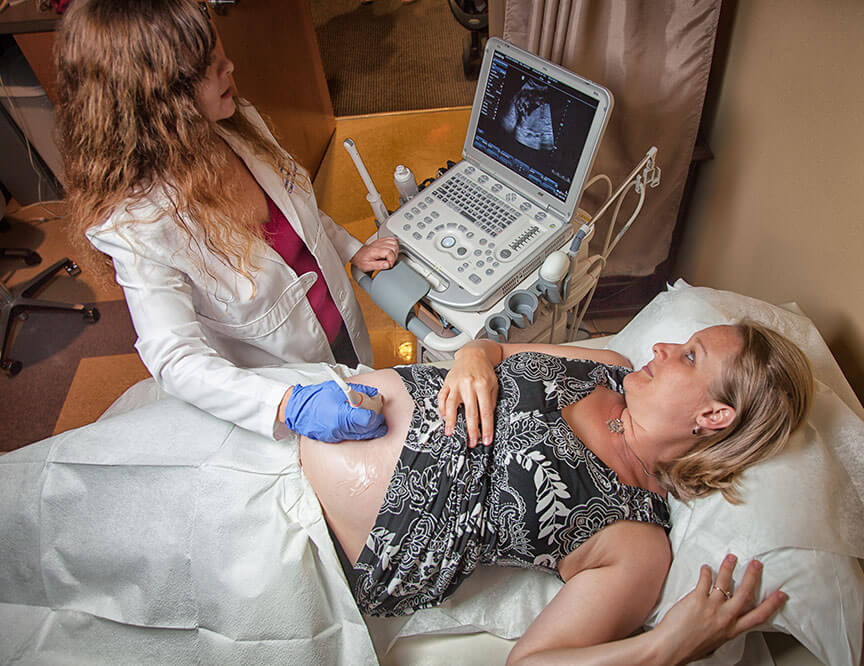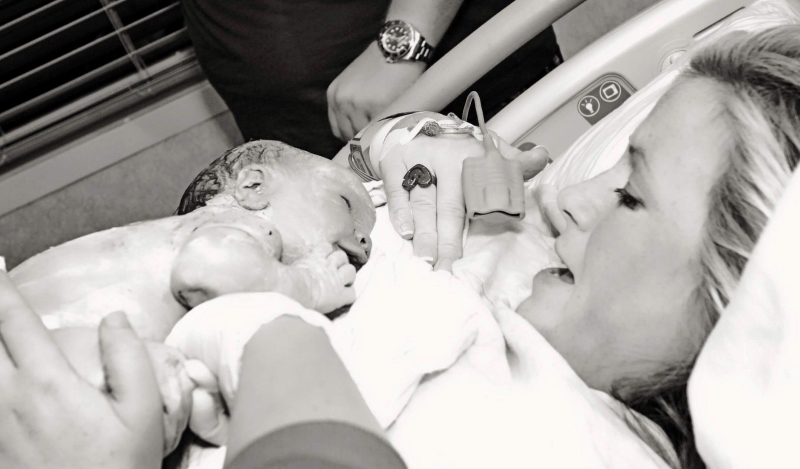The Body and Soul of Modern Medicine
PRESS RELEASE Date: March 2011 Release Date: For Immediate Release Contact: Ann Litrel, Cherokee Women’s Health Specialists LLC 678.640.8217 annlitrel@comcast.net Subject: The Eyes Don’t See – The Faith Factor In Medicine Simply turning on the television or opening a magazine subjects one to a host of advertisements for the latest miracle cure for everything from weight loss to pain relief to removal of wrinkles. But Dr. Mike Litrel of Cherokee Women’s Health Specialists believes that the focus on the physical body is only half the story. “I think the focus in medical school has to be about the body and medicine and what is there, what is obvious,” he says. “But as you grow as a physician, you learn to focus more on who each patient is, as opposed to just what their symptoms are. And you see how “non-medical” factors affect a person’s health: “A destructive relationship can be a component of physical pain in the body. The will to live can bring back a “terminal” patient. Receiving and giving love can actually heal. These ideas are not addressed in the medical literature, but they are easily observable if you have your eyes open.” While modern medicine certainly holds the appeal of a “quick fix,” Dr. Litrel and his colleagues share the philosophy that the best solutions for curing a patient’s symptoms are not always those that include a prescription or a scalpel. “When we see someone in pain who is suffering, we often look at it as some sort of disease, rather than finding out what is really upsetting them,” he says. “Part of maturity is learning to take responsibility, to have the belief that our pain and suffering is a lesson to help us mature.” Dr. Litrel suggests that our society is more about fixing problems than in truly finding solutions. “You look at people – we overeat, we over drink, we take pills,” he says, and many people run to the doctor for something to help alleviate the pain brought on by those actions. But that is simply treating the body, instead of looking at the underlying cause. “Most of the suffering and disease and pain and sorrow is not about the body, it’s about the soul,” he says. While the evolution of medicine and technology has the capability of providing relief to symptoms, Dr. Litrel prefers to learn what is important to the individual, allowing them to be partners in their own wellness so that they can accomplish the goals that are important to them. “The point of medicine,” he says, “is to help the body live longer so the soul can accomplish its purpose. We all have a reason to be here.” Dr. Mike Litrel is the author of “The Eyes Don’t See What the Mind Don’t Know: A Physician’s Journey to Faith,” a collection of inspirational stories and medical “miracles” detailing a physician’s journey of faith in the world of modern medicine. Articles and information contained herein are provided for media use and general reference. You may quote or share articles, provided you do so verbatim and with attribution to our website. If you quote one of our articles on a website, please link to the article on this site. Thank you.














